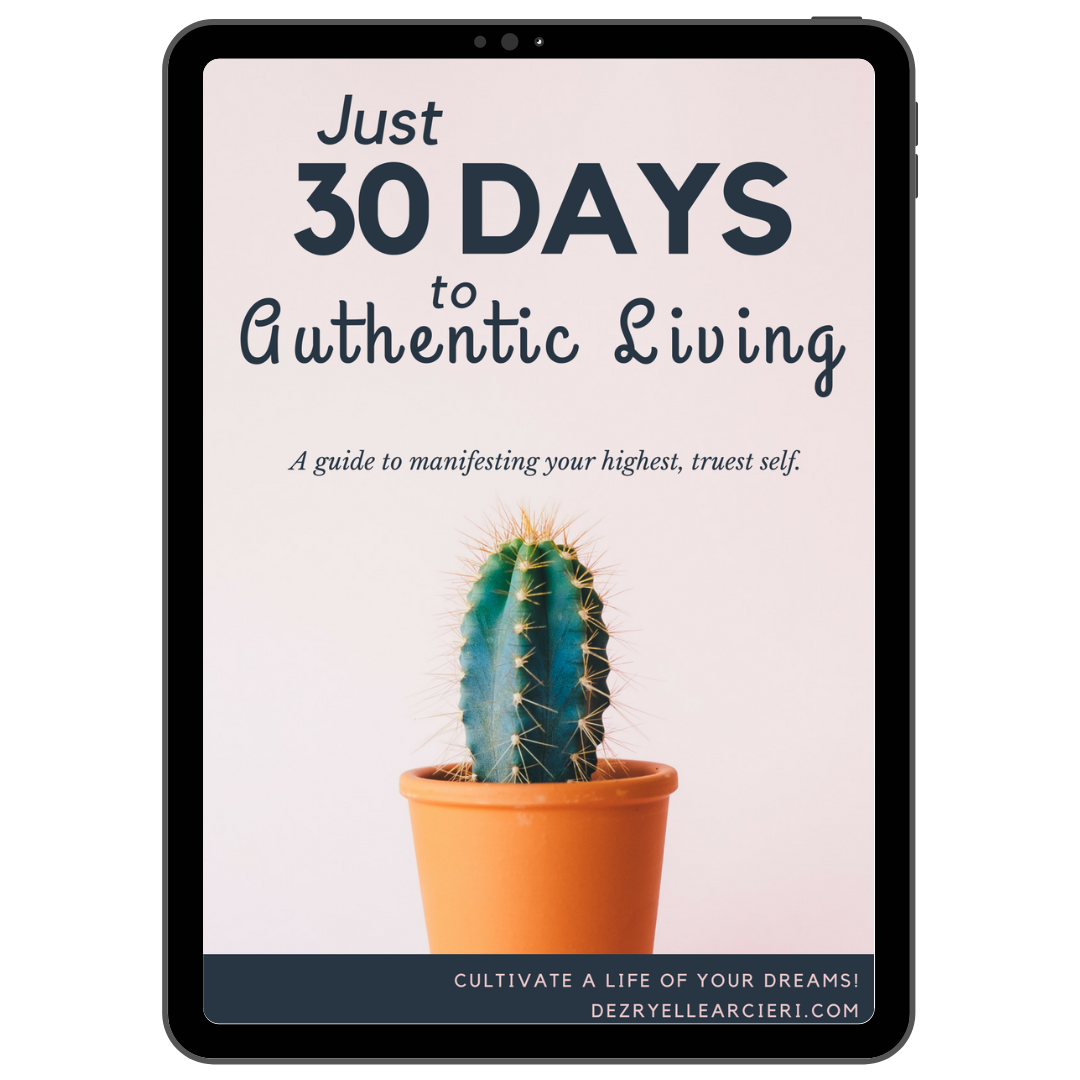Developing A Relationship With Yourself Through Self-Care
What comes to mind when you hear the word “self-care”?
Is it a daily practice you are committed to? Maybe your self-care is occasional or as needed. Is it too much work to do? Or maybe, you feel you don’t have time for it? Do you ever worry that engaging in self-care is selfish?
What comes to mind when you think about your relationship to yourself?
Are you tired? Are you feeling overwhelmed? Stressed? Anxious or depressed? Do you feel connected to yourself, including your thoughts, feelings, emotions, and spirit? Do you honor your needs and wants? Do you value yourself and generally feel you are worthy?
What is self-care?
“Self-care” is a popular and commonly used term that has greatly shaped and influenced our beliefs and values around self-care, and healthcare in general. Unfortunately, self-care has become a bit of a commodity, implying that self-care is an item or experience you need to purchase. While self-care may at times include spending money, such as booking a vacation or getting a massage, self-care does not have to entail spending money or take up too much time. Self-care essentially is you being present for yourself and exploring what feels nourishing and restorative, listening to your body, tuning into your feelings and thoughts, to check in on your whole being experience; physically, mentally, emotionally, and spiritually.
I truly believe that we have everything we need within ourselves. By that, I mean that more often than not, our bodies give us clues as to what we are needing. Stomach growling? It’s time to eat. Eyes are straining and heavy? Time to sleep or rest your eyes. Feeling sad? Maybe you need to cry and release some pent up feelings. Taking care of yourself can also simply be waking up in the morning, getting out of bed, washing your face, brushing your teeth, then getting ready for the day. Taking care of yourself can also include recognizing that there is a major stressor in your life that you are struggling to manage and seeking help. Self-care is a lifelong practice to help maintain your overall health and wellbeing. When we take care of ourselves, we can more fully show up in our lives.
Self-care looks different to different people.
The goal is to identify behaviors or experiences that nourish you. Let’s explore together what self-care might look and feel like for you. Here are some steps to get your started.
Check In: Ask and reflect on these questions: How am I right now? What is it that I am feeling (emotionally, mentally, physical, & spiritually)?
Reflection: Become aware of what your body is needing: Once you have reflected on how you are feeling, let’s take a moment to check in with what your mind and body is needed. For example, if you are feeling anxious and notice physical symptoms of increased heart rate and tightness in your chest, your body may be telling you there is energy needing to be released or that you need to increase a sense of calming and relaxation.
Embodiment: Explore ways to express your needs with your body: Consider how your body is communicating with sensation. If your body could speak, what would it say? Listen to your body through movement exploration, such as a meditation, breathing exercises, taking a bath, saying “no,” giving yourself permission to rest, eat something nourishing, sleep, practicing positive affirmations, creating boundaries, take a walk in nature, journaling, or exercising. This of course is not a complete list. There are many other ways to express our needs. Give yourself permission, patience, and empathy as you begin to explore how to express what your mind, body, and soul are needing.
Build a practice: Create a routine to incorporate in your day and week: Once you have found the practices that brings you joy, feel restorative, and nourish you, it is time to commit to a consistent practice. Start off by using these practices when you need them (i.e. when feeling stressed or tired). Then begin to use them even when you don’t need it (i.e., when you already feel calm or well rested). It takes time, patience, and empathy to create a routine that becomes engrained into our every day lives. Commit to a time of day that works with your schedule and show up to your practice as often as possible.
Begin again: Continue to check, reflect, embody, and practice new routines: Self-care is a lifelong practice because our needs change as we grow. As you grow and change, your self-care needs will change too. If you find the practices that once brought you joy no longer do, it may be time to begin again.
Starting this journey can feel daunting. If you found yourself feeling anxious or overwhelmed while reading this post, this may be an opportunity to seek additional help and support from friends, family, or a mental health professional. At the end of the day, caring for yourself is a choice. If you don’t feel ready, that is okay too. Start there, explore what makes you feel not ready or unwilling. Talk to someone about it, explore alongside someone who can help support you in navigating your journey. Sometimes, the greatest thing we can give ourselves is allowing ourselves to be right where we are.
Written by Monique Ngo, LMFTA & LMHCA
Are you ready to elevate your self-care practice?
Download The Authentic Living Workbook.
A FREE 30 day self-inquiry and guide to help you understand what it is that YOU want, not what others want of you.
Here’s what’s inside:
Manifestation worksheets and goal setting planner for clarity and accountability.
Daily breathing and movement practices to increase your mind/body connection and embodied presence.
Daily journal prompts to dig deep into your personal intentions and values.
Develop your personal mission statement and take your life into your own hands.


